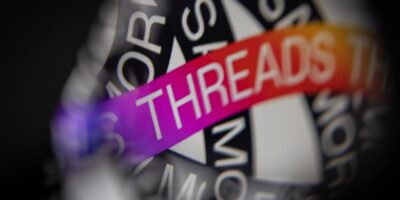The FCC has affirmed the merger of telecom tech companies Sprint and T-Mobile. This is a move that levels the playfield against juggernauts AT&T and Verizon. However, pundits have announced that the move reduces competition and opens a hostile environment for shopper’s misconduct. Currently, what holds back the two organizations instituting is a lawsuit that was presented by 13 state attorney generals. When that is settled, T-Mobile and Sprint can continue with a solid merger that is expected to reduce the significant United States telecom companies to three.
After the DOJ affirmed the merger four months ago, the vote by the Federal Commuications Commission was on the final snags. The T-mobile and Sprint merger was split between two political parties. Chairman Ajit Pai decided to pair with two Republican chiefs in favoring the $26.5 billion mergers, while the remaining two Democrat officials cast a ballot against the move. Jessica Rosenworcel, who was amongst the commissioners, noted that decreasing the number of telecommunication firms in the country will significantly affect the consumers. She went on to say that competition was profoundly affected and eliminated thousands of jobs.
Rose argued that the menace transpired when mergers were approved in different enterprises. This move shrank the number of players in the industry. Major industries that were affected are the airlines. She noted that baggage fees elevated, and the seats became smaller. Other industries like pharmaceuticals raised the costs for fundamental drugs, thus negatively affecting the health of consumers. Rosenworcel proceeded to note that after the merger, there will be nothing much to be done to avert the recently merged firms from controling the prices in the market. She added that if the firms decided to raise the costs for wireless internet for consumers, nothing much would be done to oppose it. The super telecom’s word not to raise costs will be the only thing that everyone will rely on.
Although the requirements for the deal demand that the new T-Mobile should assist Dish Mobile to become a “fourth telecom” to save some level of competition, it has minimal motivation to do so. Geoffrey Starks, a Democrat, expounded on Rosenworcel’s appeal that the merger will automatically lead to an increase in prices. He gave his opinion via a memo. Furthermore, Stark sharply criticized the decision by the FCC to affirm a merger that had changed altogether from the initial proposal. This has been done twice without taking into account an open remark.


